Running a small business today means juggling a lot of customers, employees, bills, and growth. But there’s one thing many small business owners don’t think about until it’s too late: IT security.
The truth is, cyber threats don’t just go after large corporations. Hackers, scammers, and cybercriminals see small and medium sized businesses (SMBs) as easy targets. In fact, about 60% of small businesses that suffer a major data breach end up closing within six months. That’s a scary number, but it highlights why protecting sensitive data is no longer optional.
Enterprise-level IT security for SMBs is more accessible than many business owners realize. With the right approach, small companies in Indiana and beyond can build defenses strong enough to stop ransomware attacks, phishing attempts, and unauthorized access, without draining the budget.
Why IT Security Matters for Small Businesses
Many small business owners believe cybercriminals wouldn’t bother with them. The thinking goes, “We’re too small to be on their radar.” Unfortunately, that’s not how cyber threats work.
Hackers know SMBs usually lack advanced firewalls, endpoint protection, or even strong passwords across the team. That makes them easier to breach. Add human error into the mix, like clicking a bad email link and suddenly customer data, financial records, and business continuity are at risk.
The result? Costly downtime, damaged reputation, legal trouble, and, in many cases, permanent closure. Affordable IT security for small business owners is not just about compliance with HIPAA, PCI, or GDPR. It’s about survival.
The Big Question: How Much Does Small Business IT Security Cost?
There’s no one-size-fits-all number, but the cost depends on a few factors:
- Number of users and devices: More endpoints mean more licenses for tools like EDR (endpoint detection and response).
- Industry regulations: A healthcare clinic in Indianapolis has stricter compliance needs than a small retail shop.
- Current infrastructure: Some businesses already have basic firewalls and backup systems, while others are starting from scratch.
Here’s the key: enterprise-grade security on a small business budget is possible because of managed IT security services. Instead of buying expensive equipment and hiring a full-time IT staff, small businesses can partner with providers like Elsewhen Technology to get enterprise-level tools at a fraction of the cost.
Affordable Cybersecurity Solutions That Work
Affordable cybersecurity for small and medium sized businesses often comes down to practical steps that deliver real protection without unnecessary costs.
01. Managed IT Security Services
Managed services work a lot like any other monthly business expense, you spread the cost out instead of dropping a big lump sum on equipment. For that fee, your systems stay updated, threats are monitored, and support is always there in the background. It’s steady protection without the surprise bills.
02. Cybersecurity Packages for Small Businesses
Bundled cybersecurity packages for small businesses often include firewalls, antivirus, phishing prevention, and data backup. These solutions are cost effective because they spread the expense across multiple clients.
03. Affordable Penetration Testing for Small Business
You don’t have to hire a big-name firm to test your defenses. Local providers offer affordable penetration testing for small business clients in Indiana, making sure vulnerabilities are caught before hackers find them.
04. Employee Training and Social Engineering Defense
Most breaches don’t come from high-tech attacks. They usually happen when someone in the office clicks the wrong link, reuses a password, or leaves access settings wide open. That’s why we always recommend steady employee training. It’s a simple habit that helps small business teams avoid the slip-ups hackers count on.
05. Data Backup & Disaster Recovery
Losing data can bring a small business to a halt, whether it’s from ransomware or a server crashing. That’s why regular backups matter. With the right cloud security in place, you can pull your files back and get on with business instead of starting from scratch.
06. Cyber Insurance Coverage
Cyber insurance isn’t always the first thing business owners think about, but it can make a real difference. It won’t block an attack, but it can soften the financial hit if your company ever has to deal with one.
Why Managed Services Are a Game-Changer
Hiring an in-house IT security team is out of reach for most SMBs. Salaries, benefits, and training add up fast. That’s where managed IT security services shine.
By outsourcing IT security, small businesses gain enterprise-level expertise without the overhead. At Elsewhen Technology, we’ve helped Indiana businesses strengthen defenses with solutions that fit their size and budget. Providers deliver services like endpoint protection, network security services, and firewalls and intrusion detection systems on a subscription basis. You get 24/7 monitoring, real-time responses, and ongoing updates, all included in a predictable monthly bill.
It’s like having a dedicated security team, but without the six-figure payroll.
Practical Tips for Small Business Owners
The first moves are often simple: run a cybersecurity risk assessment, strengthen passwords, train employees, and then consider a managed security partner to cover what you can’t handle in-house.
Additional steps that help include:
- Set up firewalls and EDR to block ransomware attacks and unauthorized access.
- Back up customer data regularly with cloud storage.
- Review IT security costs every year and adjust as your business grows.
Local Perspective: Why Indiana SMBs Can’t Ignore This
Here in Indiana, small businesses form the backbone of local communities. From Kokomo to Indianapolis, every café, dental clinic, or small manufacturing shop handles sensitive data in some way, such as credit card numbers, patient files, employee records.
Hackers don’t discriminate based on company size. They simply look for the easiest way in. For small and medium-sized businesses, that often means outdated systems or a lack of real-time monitoring.
Working with a local provider gives you two advantages:
- Local knowledge: A team that understands the industries and compliance needs in Indiana.
- Quick response: When things go wrong, you don’t wait on hold for a national call center. You get IT support for small businesses right here at home.
Take the Next Step Toward Stronger Cybersecurity
Enterprise-level IT security for SMBs is no longer a luxury. With the rise of ransomware attacks, social engineering scams, and data breaches, small businesses face the same risks as Fortune 500 companies.
The difference is, large companies can absorb the hit. Smaller ones can’t. That’s why affordable IT security for small business owners is all about being proactive, not reactive.
By leaning on managed services, affordable penetration testing, and cybersecurity packages for small businesses, you can protect your company, your employees, and your customers, without breaking the bank.
If you’re unsure whether your business has the right protection in place, Contact Elsewhen Technology today for a consultation. Our team will review your setup, identify gaps, and build a security plan that fits both your needs and your budget.
Frequently Asked Questions (FAQ)
How much does small business IT security cost?
It depends on your size and needs. On average, small businesses spend a few hundred dollars a month on managed IT security services. That covers essentials like firewalls, endpoint protection, and monitoring.
What are the most affordable cybersecurity solutions for SMBs?
Managed services, data backup & disaster recovery, phishing prevention training, and cloud security for small businesses. These provide the most protection for the lowest cost.
Can small businesses afford penetration testing?
Yes. Affordable penetration testing for small businesses is available from local providers. It’s often offered as part of a cybersecurity package.
What are the first steps small business owners should take to improve IT security?
Start with a cybersecurity risk assessment, enforce strong passwords and access controls, train employees, and partner with a provider that offers managed IT security services.
Do SMB cybersecurity services include compliance support?
Many do. If your business handles sensitive data, you’ll want to make sure your provider can help with HIPAA, PCI, or GDPR compliance requirements.


